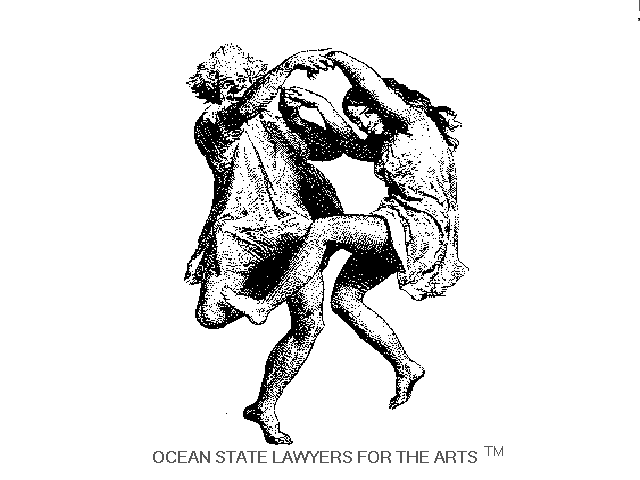
There are a many points in a contract that are subject to negotiation. Each project would involve different issues, but there are certain matters that most visual artists should consider.
Two moral rights to consider are the rights of paternity and of integrity. The right of paternity is the right to claim or disclaim authorship. The Right of integrity is the right to modify your work or prevent its mutilation, distortion, or alteration.
In fact, almost anything can be become a point of negotiation depending upon the specific project to be undertaken. A good example of what points can be important is a contract I negotiated for an artist whose project involved the design, production and installation of a sculpture weighing many tons for a corporate client. In this particular situation, it was important to define who would be responsible for the substantial costs of shipping and installing the work, as well as insuring against injury to third parties or damage to the work itself during those stages. One way to determine these obligations could be to stipulate at what point the client shall take delivery of the work, i.e. at the artist's studio or at the client's location.
In any event, your ability to negotiate an advantageous contract, depends on your bargaining position as well as your negotiating talent. Knowledge of the most important issues involved is also very helpful. In the contract mentioned above, my client did not have alot of bargaining power as he was not very well-known in his profession, but the buyer of the artwork was a large corporate client who had little knowledge of artist's contracts. Their retained counsel took on most of the burdens of delivery, insurance and installation and the artwork, as well as allowing my client to reserve the copyright in the work.
Obviously, not every contract you enter will be completely to your advantage. Any business relationship requires give-and-take, but there is certain contract language you should try to avoid, if possible. Such matters can be important to other than visual artists as well. These matters include:
1. Work performed on speculation.
2. Buy-outs, or selling all rights.
3. Transfer of ownership of original artwork in a contract involving reproduction rights.
4. Work made for hire.
5. Revisions which cannot be billed to client.
6. Disclaimer of applicable protective laws.
There are many advocates of the "Form Contract." There are also so-called self-help books available that can provide you with form contracts to be copied at your favorite printer and used as is. In actuality, these contracts should be used ONLY AS EXAMPLES of language that can be used in a contract or to illustrate potential points of negotiation. No form contract can apply to every business relationship.
First Published Version, copyright 1990 David M. Spatt
THIS WEBSITE CANNOT BE USED AS A SUBSTITUTE FOR SOUND LEGAL ADVICE FROM A COMPETENT ARTS OR ENTERTAINMENT ATTORNEY. In the event of a legal problem or question, specific legal consultation is advised. This website is intended only as a means of educating arts organizations and artists of all disciplines as to their potential legal rights and liabilities. The information provided is made available with the understanding that neither OSLA nor the office of David M. Spatt is engaging in the rendering of legal counsel.
copyright 1997 David M. Spatt, All rights reserved
Reproduction is prohibited without the express written consent of the author

|
|